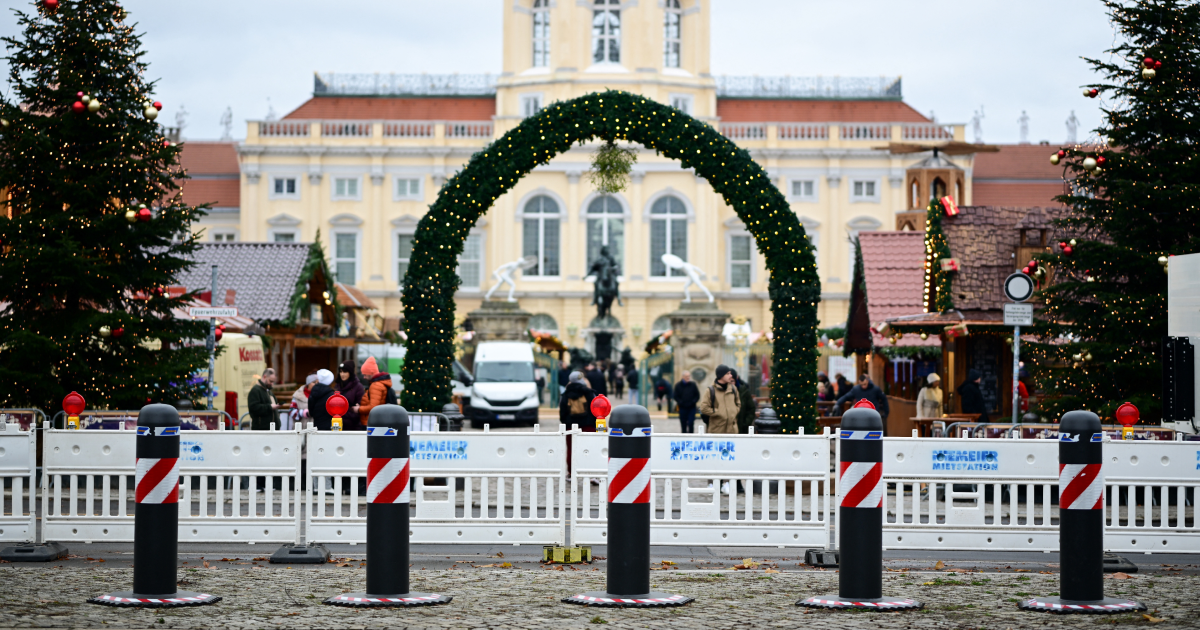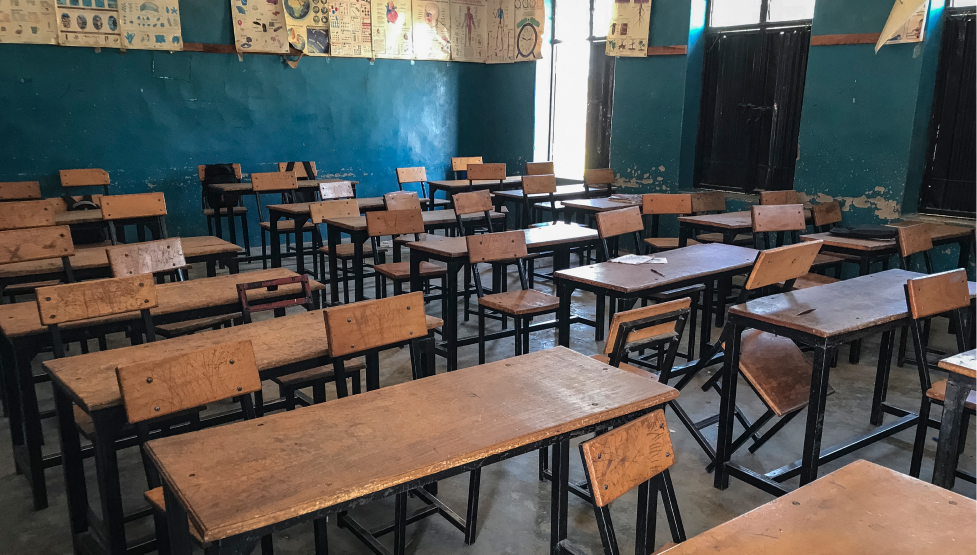US President Donald Trump has ordered the American military to prepare for possible action in Nigeria to protect Christians from Islamist violence.
In a post on social media, Mr Trump said he had directed the Department of War to ready for “possible action”, warning that unless Nigeria acted, the United States might “send the military into Nigeria, guns-a-blazing”.
He also threatened to cut all aid to what he called “the now disgraced country”, adding, “If we attack, it will be fast, vicious, and sweet, just like the terrorist thugs attack our CHERISHED Christians!”
US Defence Secretary Pete Hegseth responded publicly, writing, “Yes sir. The Department of War is preparing for action. Either the Nigerian Government protects Christians, or we will kill the Islamic terrorists who are committing these horrible atrocities.”
Speaking to reporters aboard Air Force One on Sunday 2 November, Mr Trump said he was considering “a lot of things” in response to what he described as the killing of “very large numbers” of Christians in Nigeria.
He gave no further details but suggested that the United States could deploy troops or launch air strikes if the Nigerian government failed to act. The president’s comments, delivered mid-flight, appeared to reinforce his online declaration of intent and added to uncertainty over whether Washington was seriously contemplating a military intervention in Africa’s most populous nation.
The remarks prompted alarm in Nigeria, where President Bola Tinubu’s administration said it would welcome American assistance to fight Islamist insurgents, but only under Nigerian command. “We welcome US assistance as long as it recognises our territorial integrity,” Daniel Bwala, an adviser to Mr Tinubu, told Reuters. He added that jihadists “are not targeting members of a particular religion and have killed people from all faiths, or none.”
Mr Bwala told the BBC that Mr Trump had “a unique way of communicating” and that Nigeria was not taking his words literally. “We know the heart and intent of Trump is to help us fight insecurity,” he said, expressing hope that the two leaders would soon meet to discuss cooperation.
Speaking separately to the Associated Press, a Nigerian presidential spokesman said Washington “cannot unilaterally carry out any military operation in Nigeria”, describing the threat of force as part of “Trump’s style of going forceful in order to force a sit-down and have a conversation.”
The Holy See’s Secretary of State, Cardinal Pietro Parolin, meanwhile, caused controversy with his remarks about violence in Nigeria during the launch of Aid to the Church in Need’s Religious Freedom Report 2025 in Rome.
He stated that the situation “is not a religious conflict, but rather a social one — for example, disputes between herders and farmers”. The Italian cardinal added that “many Muslims in Nigeria are themselves victims of this same intolerance” and warned that extremist groups “make no distinctions in pursuing their goals”.
His comments drew criticism from the Observatory of Religious Freedom in Africa (ORFA), which described the claim that the conflict is not religious as a “myth”, citing data showing that in some regions over half of civilian victims were Christian.
Aid to the Church in Need (UK) later said Bishop Bakeni of Nigeria had agreed that “the conflict is not solely about religion”, noting that poverty, land scarcity, and climate pressures contribute to the violence, even as Islamist extremists continue to “target churches, priests, and symbols of Christianity.”
Nigeria, a nation of more than 200 million people, remains sharply divided between a predominantly Muslim north and largely Christian south. Islamist insurgencies such as Boko Haram and Islamic State West Africa Province have devastated communities for more than a decade, killing thousands of people, both Christian and Muslim.
Commentators have noted that the latest exchange between Washington and Abuja has highlighted how international attention to Nigeria’s violence continues to be shaped by competing political and humanitarian narratives.
(Photo by KOLA SULAIMON/AFP via Getty Images)





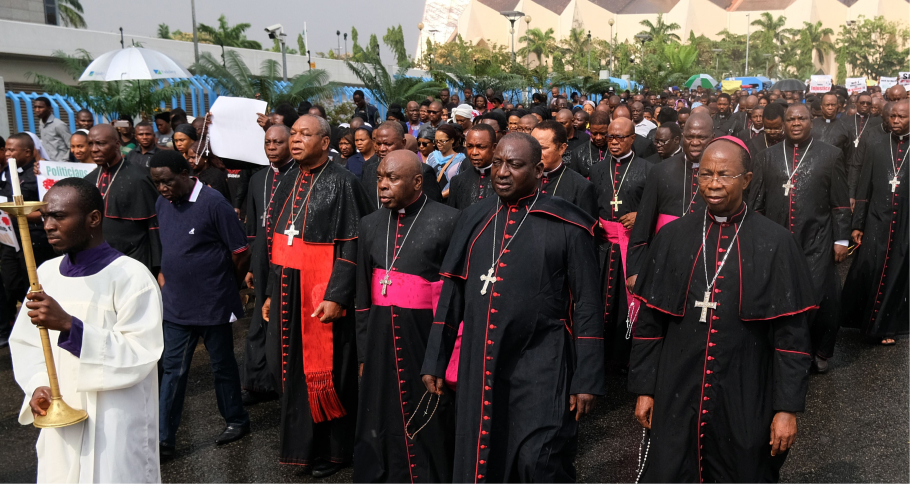


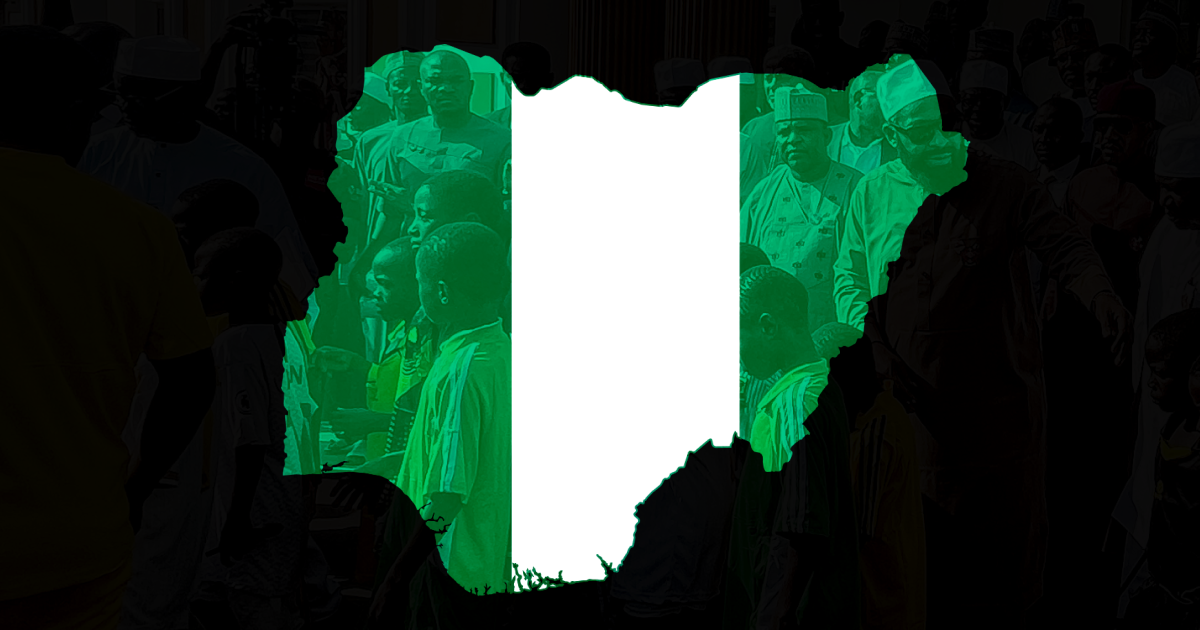
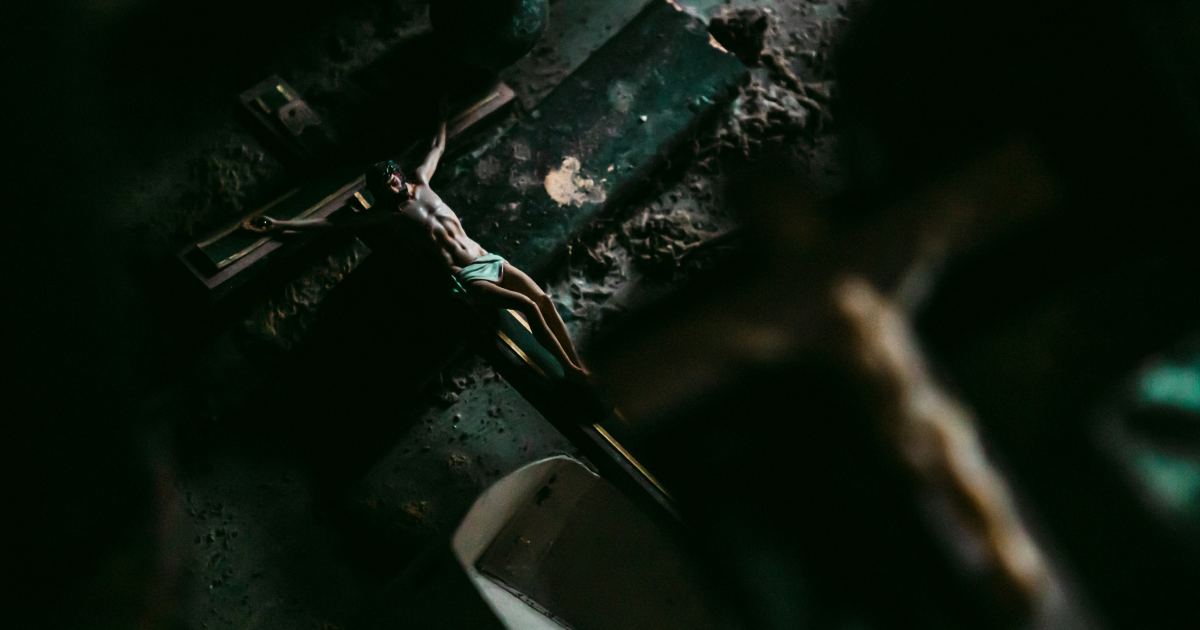
.png)
